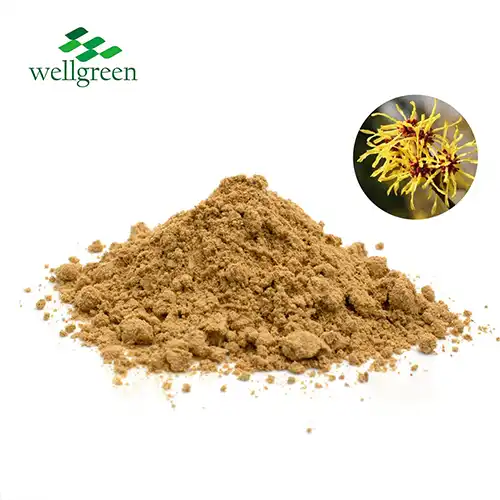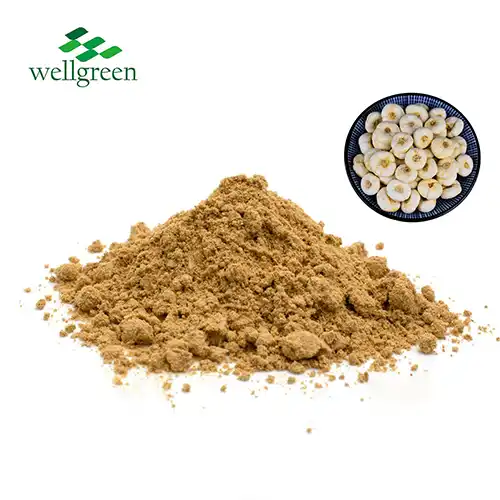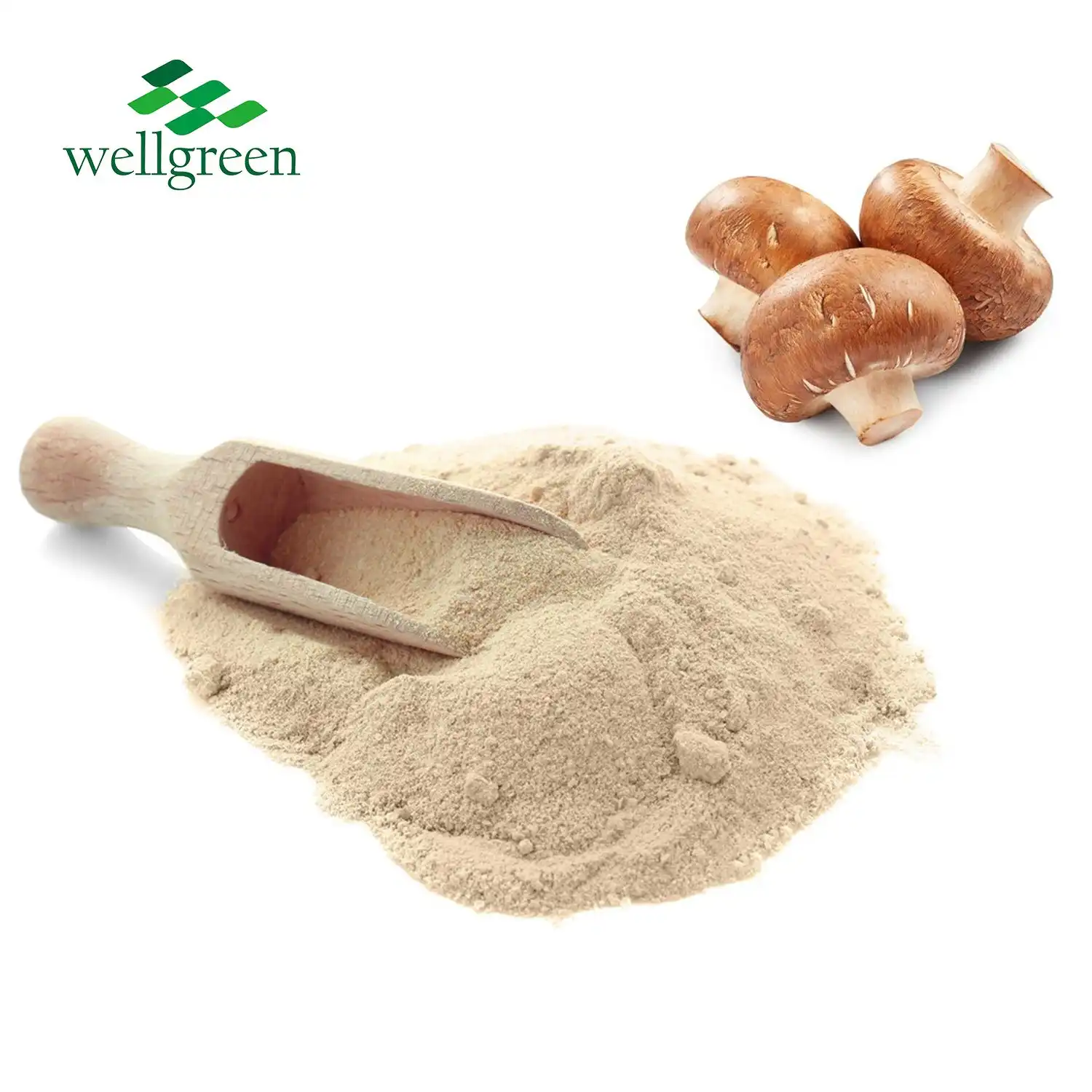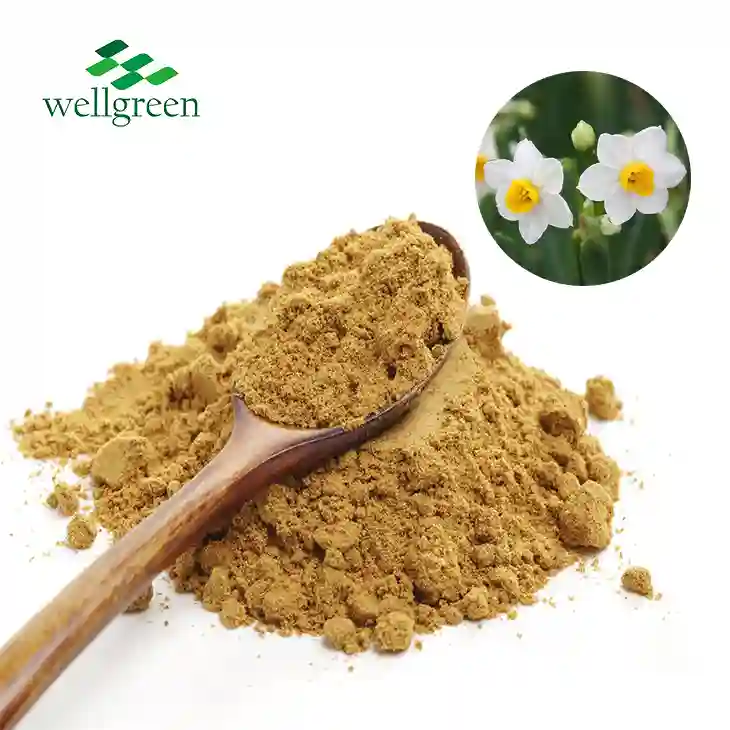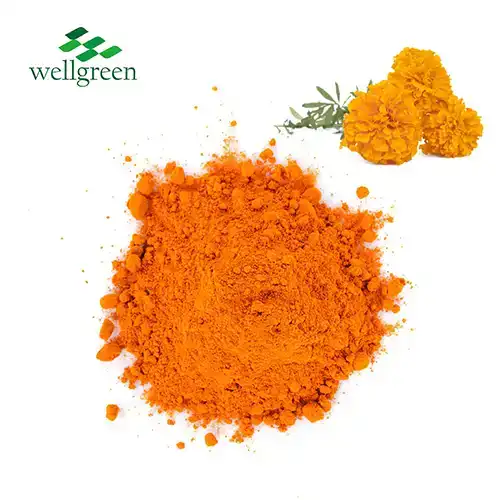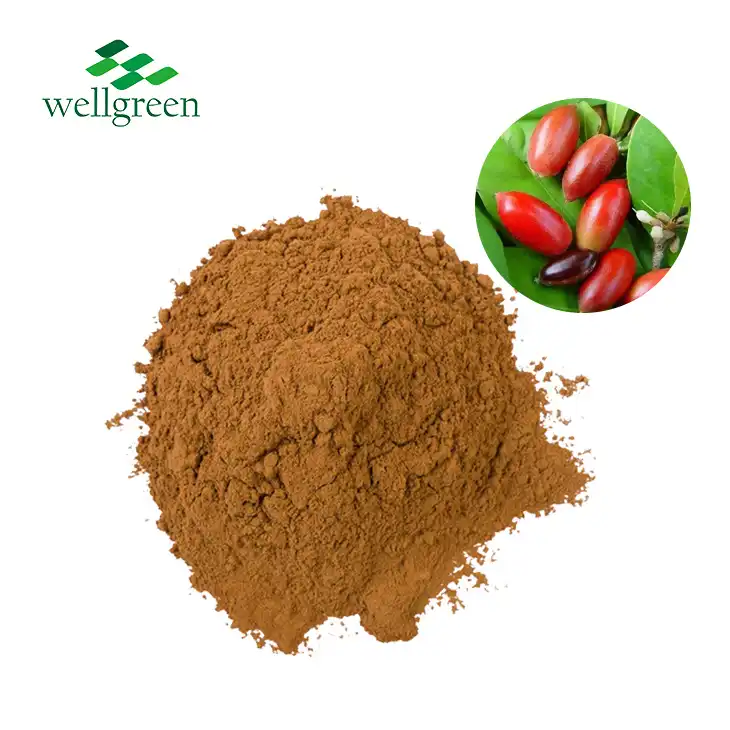Antioxidant Benefits of Rosemary Extract Powder
2025-09-01 16:41:50
Rosemary extract powder has emerged as a powerful antioxidant supplement, offering a range of health benefits. This natural extract, derived from the aromatic herb Rosmarinus officinalis, is rich in bioactive compounds that combat oxidative stress and protect cells from damage. The antioxidant properties of rosemary extract powder stem from its high concentration of polyphenols, particularly rosmarinic acid and carnosic acid. These compounds neutralize harmful free radicals, reducing inflammation and supporting overall wellness. Regular consumption of rosemary extract powder may contribute to improved cognitive function, enhanced cardiovascular health, and strengthened immune system function. As a versatile ingredient, it can be easily incorporated into various foods, beverages, and supplements, making it an excellent choice for those seeking natural ways to boost their antioxidant intake.

What Compounds in Rosemary Extract Provide Antioxidant Activity?
Rosmarinic Acid: A Potent Phenolic Compound
Rosmarinic acid is a key antioxidant component found in rosemary extract powder. This phenolic compound exhibits strong free radical scavenging abilities, effectively neutralizing reactive oxygen species that can damage cellular structures. Studies have shown that rosmarinic acid possesses anti-inflammatory properties, which may help alleviate oxidative stress-related conditions. Its molecular structure allows it to readily donate hydrogen atoms, interrupting the chain reaction of lipid peroxidation and protecting cell membranes from oxidative damage.
Carnosic Acid: A Unique Diterpene with Antioxidant Power
Carnosic acid, another prominent antioxidant in rosemary extract, belongs to the diterpene family of compounds. This molecule has gained attention for its exceptional antioxidant capacity, surpassing that of many synthetic antioxidants. Carnosic acid acts as a powerful free radical scavenger and metal chelator, preventing the formation of harmful oxidative species. Moreover, it has been observed to activate the body's own antioxidant defense mechanisms, enhancing the overall antioxidant status of cells and tissues.
Synergistic Effects of Multiple Antioxidant Compounds
Rosemary extract powder contains a complex mixture of antioxidant compounds that work synergistically to provide enhanced protection against oxidative stress. In addition to rosmarinic and carnosic acids, other bioactive molecules such as carnosol, ursolic acid, and various flavonoids contribute to its antioxidant profile. This diverse array of compounds offers a multi-faceted approach to neutralizing free radicals and supporting cellular health, making rosemary extract a particularly effective antioxidant supplement.
Oxidative Stress Reduction and Cellular Protection
Mitochondrial Function and Energy Production
Rosemary extract powder plays a crucial role in maintaining mitochondrial health and optimizing cellular energy production. The antioxidants present in the extract help protect mitochondria from oxidative damage, ensuring these cellular powerhouses can efficiently generate ATP. By preserving mitochondrial function, rosemary extract supports overall cellular vitality and may contribute to increased energy levels and improved metabolic efficiency. This protective effect on mitochondria is particularly relevant in aging and neurodegenerative disorders, where mitochondrial dysfunction is a common feature.
DNA Protection and Genomic Stability
The antioxidant compounds in rosemary extract powder offer significant protection to cellular DNA from oxidative damage. Free radicals can cause mutations and strand breaks in DNA, potentially leading to genomic instability and cellular dysfunction. Rosemary's potent antioxidants, particularly carnosic acid, have been shown to reduce DNA damage and promote DNA repair mechanisms. This protective effect on genetic material may have far-reaching implications for cellular health, longevity, and cancer prevention.
Lipid Peroxidation Inhibition
Lipid peroxidation, a process in which free radicals attack cellular membranes, can lead to membrane damage and cellular dysfunction. Rosemary extract powder contains antioxidants that are particularly effective at inhibiting lipid peroxidation. By protecting cell membranes from oxidative damage, rosemary extract helps maintain cellular integrity and function. This membrane-protective effect is especially important in organs with high lipid content, such as the brain and liver, where it may contribute to improved organ function and reduced risk of oxidative stress-related disorders.

Applications of Rosemary Extract in Functional Nutrition
Cognitive Enhancement and Neuroprotection
Rosemary extract powder has gained attention for its potential cognitive-enhancing properties. The antioxidants in rosemary, particularly carnosic acid, have been shown to cross the blood-brain barrier and exert neuroprotective effects. Regular consumption of rosemary extract may support memory function, improve concentration, and potentially reduce the risk of age-related cognitive decline. The extract's ability to combat oxidative stress in the brain makes it a promising ingredient in functional foods and supplements targeting cognitive health and neurodegenerative disorders.
Cardiovascular Health Support
The antioxidant properties of rosemary extract powder contribute to cardiovascular health in multiple ways. By reducing oxidative stress and inflammation in blood vessels, rosemary extract may help maintain healthy blood pressure levels and improve endothelial function. Additionally, its antioxidants have been shown to positively influence lipid profiles, potentially lowering LDL cholesterol oxidation and supporting overall heart health. Incorporating rosemary extract into functional foods or dietary supplements may offer a natural approach to cardiovascular disease prevention.
Anti-Aging and Skin Health
Rosemary extract powder's potent antioxidant profile makes it a valuable ingredient in anti-aging and skin health applications. The extract's ability to neutralize free radicals and reduce oxidative stress can help protect skin cells from premature aging and environmental damage. Topical applications of rosemary extract have shown promise in improving skin elasticity, reducing fine lines, and promoting a more youthful appearance. In the realm of functional nutrition, oral consumption of rosemary extract may support overall skin health from within, complementing topical treatments for a comprehensive approach to skin care.
Conclusion
Rosemary extract powder stands out as a versatile and potent antioxidant supplement with wide-ranging benefits. Its unique combination of bioactive compounds, including rosmarinic acid and carnosic acid, offers powerful protection against oxidative stress and cellular damage. From supporting cognitive function and cardiovascular health to promoting skin vitality, rosemary extract's applications in functional nutrition are diverse and promising. As research continues to uncover the full potential of this natural extract, its role in promoting overall health and wellness is likely to expand, making it an invaluable addition to modern nutritional strategies.
Contact Us
To learn more about our high-quality rosemary extract powder and how it can benefit your products, please contact us at wgt@allwellcn.com. Our team of experts is ready to assist you in incorporating this powerful antioxidant into your formulations.
References
1. Andrade, J. M., et al. (2018). Rosemary (Rosmarinus officinalis L.) as a potential therapeutic agent in Alzheimer's disease: An overview. Medicinal Chemistry, 14(8), 739-750.
2. Birtić, S., et al. (2015). Carnosic acid. Phytochemistry, 115, 9-19.
3. Loussouarn, M., et al. (2017). Carnosic acid and carnosol, two major antioxidants of rosemary, act through different mechanisms. Food Chemistry, 225, 51-61.
4. Nieto, G., et al. (2018). Antioxidant and antimicrobial properties of rosemary (Rosmarinus officinalis, L.): A review. Medicines, 5(3), 98.
5. Sánchez-Camargo, A. D. P., et al. (2019). Rosemary (Rosmarinus officinalis) as a functional ingredient: Recent scientific evidence. Current Opinion in Food Science, 29, 47-55.
6. Tabart, J., et al. (2018). The potency of green tea catechins against age-related disease: Bioavailability and beyond. Ageing Research Reviews, 46, 1-13.

